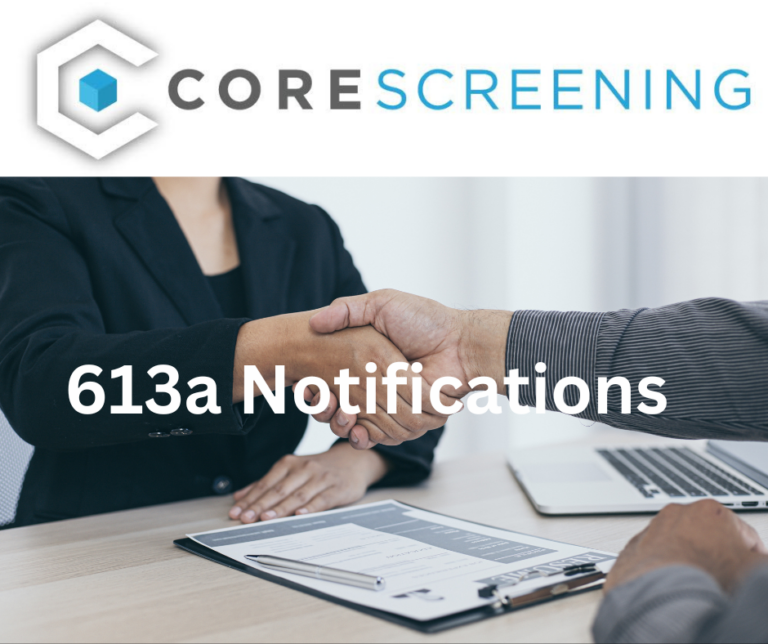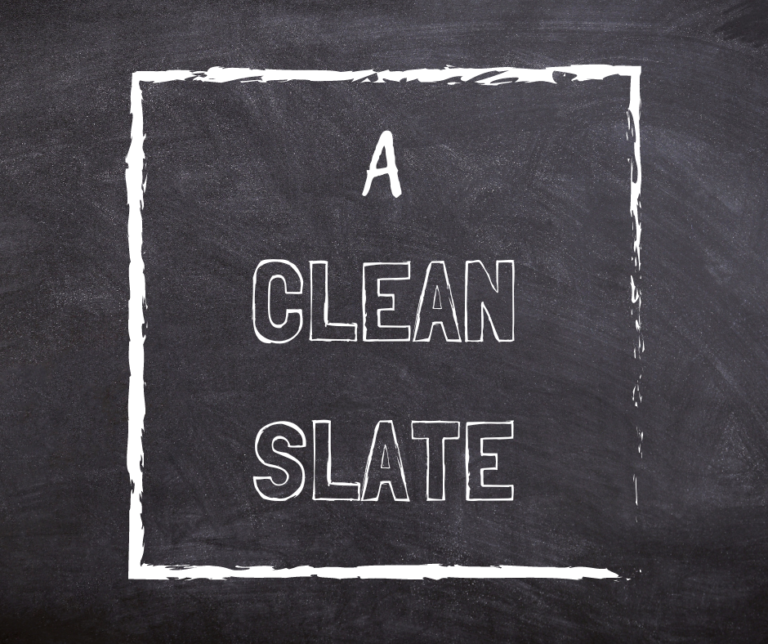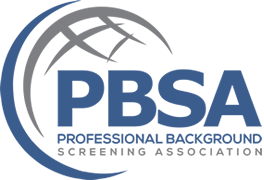Colleges and universities are cornerstones of society, shaping future generations by providing knowledge and offering a safe environment for learning. One of the most crucial steps educational institutions can take to maintain this safe environment is conducting comprehensive background checks on staff members and volunteers that have access to students. Let’s explore why these checks are essential, what key factors to consider, and how best practices can ensure a secure and supportive atmosphere for students.
Why Background Checks Matter in Education
Academic institutions are responsible for not only educating students but also ensuring their well-being. Background checks are vital in identifying potential risks, protecting the institution’s reputation, and fostering a culture of trust and safety. Through diligent screening, schools and colleges can uphold high standards of professionalism, helping students thrive both academically and personally.
Key Components of Background Checks for Educational Institutions
- Criminal History
Checking for any criminal history is essential to identify convictions that could endanger students or staff. A thorough review helps to mitigate risks and maintain a secure environment. - Educational Qualifications
Verifying an employee’s educational credentials ensures they possess the necessary qualifications for their role. This not only reinforces professionalism but also safeguards the institution’s reputation for academic integrity. - Professional Experience
Confirming an employee’s work history guarantees they have the experience and skills required for their responsibilities. This validation is key to maintaining effective operations within the institution. - Drug Screening
Testing employees and volunteers for substance abuse should be part of a thorough screening program. - Sex Offender Registry Check
Screening against sex offender registries is a crucial step in protecting the welfare of students and ensuring a safe learning environment. - Identity Verification
Verifying the identity of applicants prevents identity theft and confirms that individuals are who they claim to be. - Child Abuse and Neglect Registries
Checking these registries is vital when working in educational settings, especially for positions that involve direct interaction with minors, helping to identify potential risks.
Best Practices for Conducting Background Checks in Educational Institutions
- Establish Clear Policies
Institutions should develop clear, well-defined policies for conducting background checks, specifying the types of checks that will be performed, such as criminal records, employment verification, and educational qualifications. These policies should also detail criteria for disqualifying or accepting candidates based on their history. Transparency is key, as clearly communicating these guidelines fosters trust and consistency throughout the hiring process. - Compliance with Regulations
Staying compliant with federal and state regulations, such as the Fair Credit Reporting Act (FCRA), is critical. Educational institutions must also adhere to privacy laws to safeguard candidates’ personal information during the screening process. Professional investigators or specialized background screening services can ensure compliance and reduce the risk of legal issues. - Consistency in Screening Criteria
Applying uniform screening criteria to all employees prevents bias and ensures fairness. A standardized screening process, regular HR training, and periodic audits help maintain consistency and avoid discriminatory practices. - Ongoing Monitoring
Regularly monitoring changes in employee status, such as promotions or transfers, helps ensure that safety standards are continually met. Any significant changes should trigger a reevaluation of an employee’s background to maintain a safe environment.
Special Considerations When Working with Minors
When working with minors, educational institutions must exercise heightened vigilance. Background checks are crucial in ensuring that staff members who interact directly with students do not pose any threats, particularly concerning child safety.
- Child Safety
Specific checks for offenses related to child safety are essential for staff members working closely with minors. - Impact on Student Well-being
The background of employees must be carefully assessed to ensure it doesn’t compromise students’ physical or emotional well-being. - Ethical Standards
Evaluating a candidate’s professional conduct and moral character is especially important for roles involving direct student interaction. - Ongoing Monitoring
Background checks should not be a one-time process. Regular updates ensure that the institution remains aware of any changes that could affect student safety.
Conclusion: Safeguarding the Future with Vigilant Background Checks
Conducting thorough background checks is not just a procedural formality—it is a vital step in maintaining a secure and ethical learning environment. Educational institutions bear the responsibility of prioritizing student safety and fostering an atmosphere conducive to learning and personal growth. By establishing comprehensive vetting processes, implementing clear policies, and ensuring ongoing monitoring, schools and colleges can uphold their commitment to integrity and safety.
For a streamlined approach to background checks, consider partnering with a trusted provider like Background Check Central. Our expertise ensures your institution’s staff meets the highest standards of safety and professionalism. Contact us today to learn how we can help safeguard your educational community.




